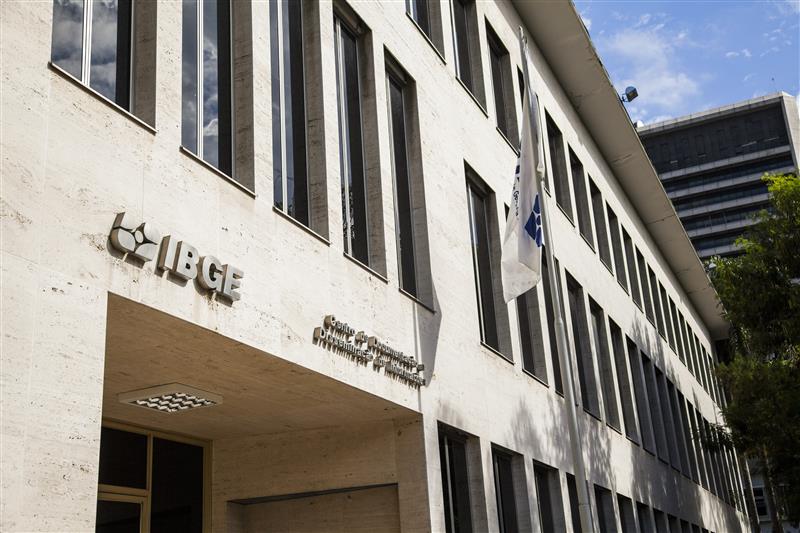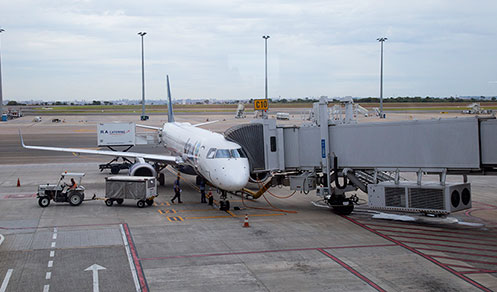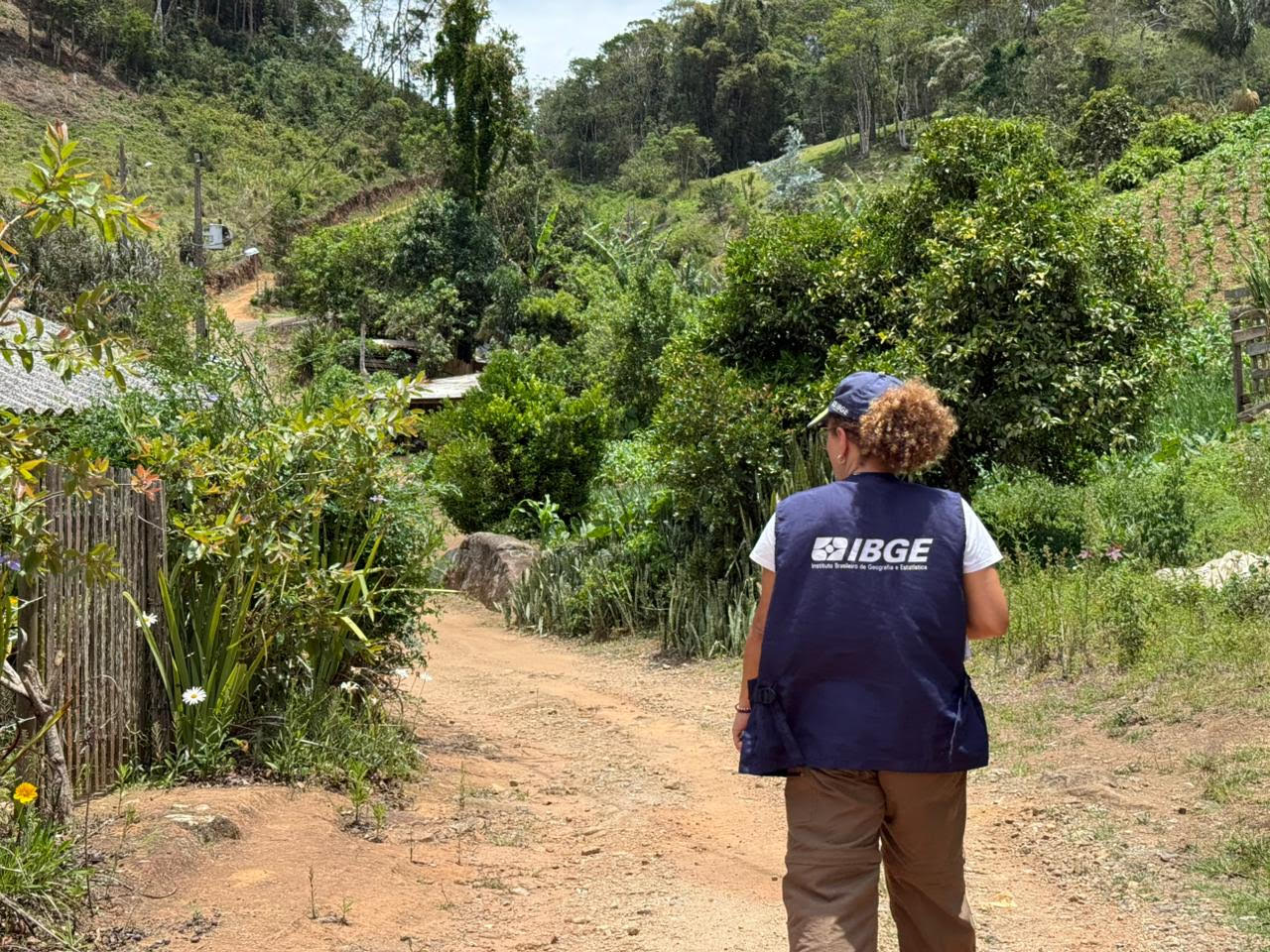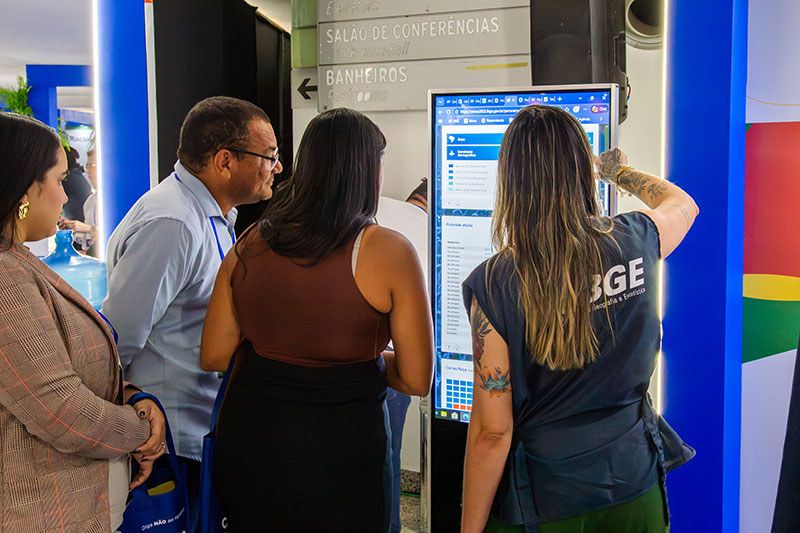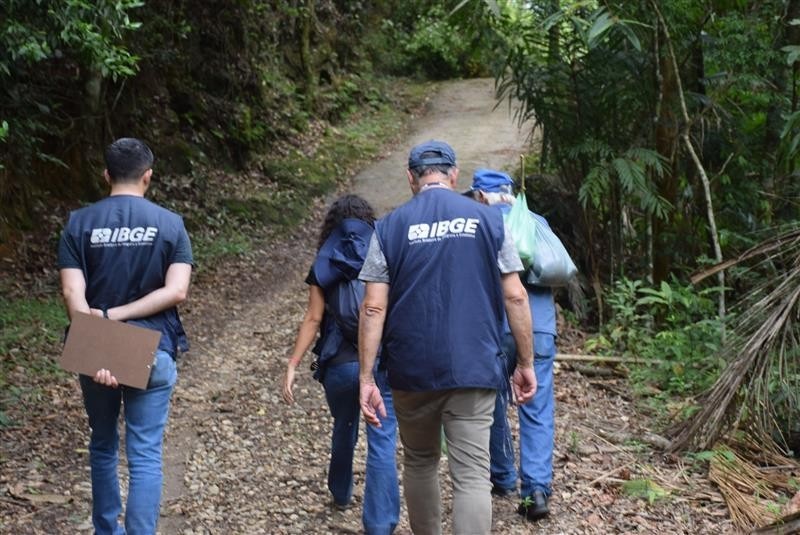Enterprise Pulse Survey
Six out of every ten enterprises experience negative effects of the Covid-19 pandemic
July 30, 2020 09h00 AM | Last Updated: July 31, 2020 02h31 PM
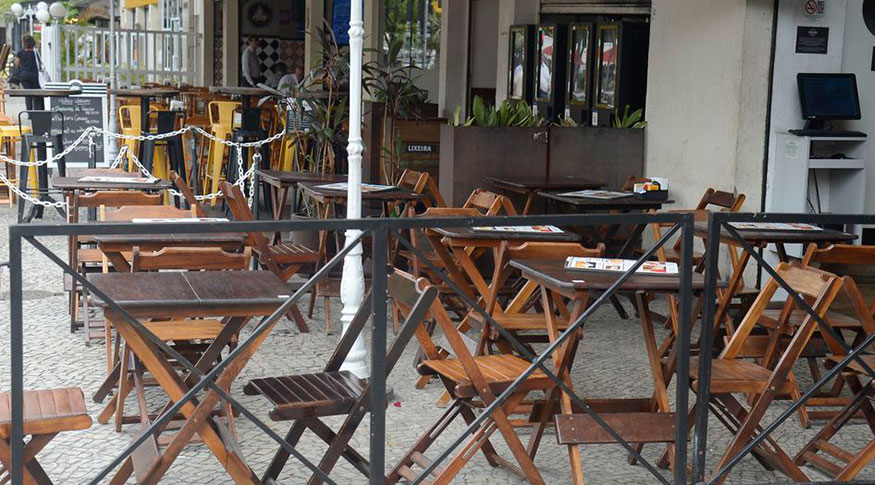
Among the 2.8 million enterprises in operation in the second half of June, 62.4% felt negative effects of the novel coronavirus pandemic on their activities. The impact was bigger in small-sized enterprises, with up to 49 employees – the majority of the sample – out of which 62.7% observed negative results; against 46.3% of medium-sized enterprises, with up to 499 employees, and 50.5% among large-sized ones, with 500 or more employees. The data comes from the Enterprise Pulse Survey, released today (30) by the IBGE.
The pandemic has affected 65.5% of those 1.2 million services enterprises, mainly the ones of services rendered to families (86.7%); and also 64.1% of those 1.1 million enterprises in general trade, with a bigger perception of negative effects on the segment of vehicles, pieces and motorcycles (74.9%). In industry, negative effects were reported by 48.7% of the 306 thousand enterprises; and, in construction, by 53.6% of the 153 thousand companies in the sector.
“Services rendered to families encompass bars, restaurants and hotel, activities that depend on the circulation of persons, on tourism and traveling. So, a bigger impact on those activities was already expected. The vehicles, pieces and motorcycles segment was also affected by the partial functioning of Detrans (Departments of Motor Vehicles) and car dealerships besides the relevance of such a decision, the purchase of a durable good during a period of unemployment and uncertainty”, says Flávio Magheli, coordinator of the IBGE’s Short-Term Enterprise Surveys.
Among the Major Regions, the Northeast is the place where enterprises were most affected by the novel coronavirus crisis (72.1%), followed by the Southeast (65%) and Central West (62.9%).
Half of the enterprises recorded reduction in sales
For half of the enterprises in operation (50.7%), there was reduction in sales, notably among small-sized ones. Effects were small or inexistent in 2.7% of the enterprises, a percentage that reaches 41.2% of big-sized enterprises, which were the least affected ones. And for 21.4% of the enterprises, there was increase of sales in the second half of June.
The sectors of trade and services were the ones reporting makor decreases in sales, especially trade of vehicles, pieces and motorcycles and if services rendered to families, both with 62.2%.
43.1% of the enterprises reported negative effects on production or customer services
Most of the enterprises (46.3%) reported not having observed any effects of the Covid-19 pandemic on production or on customer services. That percentage hit 51% among medium-sized enterprises and 55.2% among big-sized ones, but 43.1% of the enterprises reported negative impacts.
Also bigger is the percentage of enterprises (50.9%) that observed no changes regarding the access to suppliers of inputs, raw material or goods; whereas 40.9% reported difficulties in the access to them. The trade segment recorded the worst result in this respect, with difficulties reported by 51.4% of the enterprises.
Difficulty to make regular payments during the first half of June is still reported by 53.1% of the small-sized enterprises; but 50% of the medium sized ones and 64.3% of the big-sized ones reported not having felt that effect.
Almost eight out of every ten enterprises (78.6%) reported no changes in the number of employees at the end of the second half of June, in relation to the previous half. Only 15% (411 thousand enterprises) reported a reduction in the number of employees. Among those, the biggest proportion of decrease (61.8% or 254 thousand enterprises) was registered in the lowest rage, below 25%.
Among the reaction measures adopted to face the pandemic, most of the companies (86.1%) conducted information and prevention campaigns and implemented extra hygiene-related measures; 42.5% started remote work for the employees; 28% brought worker’s vacations forward; 43,9% postponed the payment of taxes; and 33.5% changed the method of delivery of products or services, including a change to online services.
Enterprise Pulse Survey reflects subjective perceptions of companies in operation
Results of the second round of the Enterprise Pulse Survey reflect perceptions of enterprises in operation at the end of the second half of June against the first half. The survey monitors the Evolution of some of the main effects of the Covid-19 pandemic on the activities of non-financial enterprises and is part of the IBGE’s Experimental Statistics.
“The survey is not quantitative, but based on the perception of enterprises, which is subjective and supported by expectations. The first edition compared perceptions of the enterprises in the first half of June, against the period prior to the pandemic and indicated a predominantly negative impact.
In the second edition, the enterprises still feel negative effects, widespread in terms of size, activity and Major Region. “But a bigger percentage of the enterprises reported a smaller or inexistent impact against the preceding period. Now we are ready to monitor that Evolution from July onwards,” Mr. Magheli explains.









